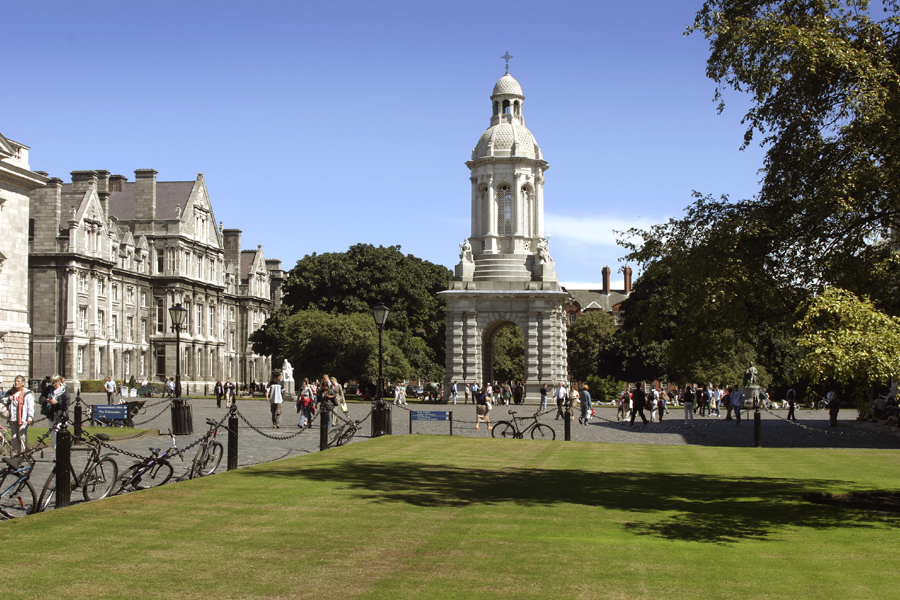
As part of the iSCAPE project, the engineers will be establishing next-gen environmental living labs in various European cities in order to improve air quality and reduce carbon footprints.
The funding was secured through Horizon 2020, the EU research and innovation programme which aims to boost Europe’s competitiveness in the global economy and tackle societal challenges.
The iSCAPE project will be in operation in Dublin, Innovation City Ruhr (Germany), Lazzaretto Bologna (Italy), Vantaa (Finland), Hasselt (Belgium), Bologna (Italy), and Guildford (UK).
Dr Francesco Pilla, the overall coordinator of the project, said that iSCAPE “encapsulates the concept of “smart cities” by promoting the use of low-cost sensors, and by engaging citizens in alternative solution processes.”
According to Pilla, the project will be “bringing together theory from urban planning, public policy, urban and environmental sociology and urban geography.” She said that there will be a focus on finding remediation strategies to environmental problems through changing the behaviours of city dwellers that affect the environment.
The project will run from Summer 2016 until 2019.






